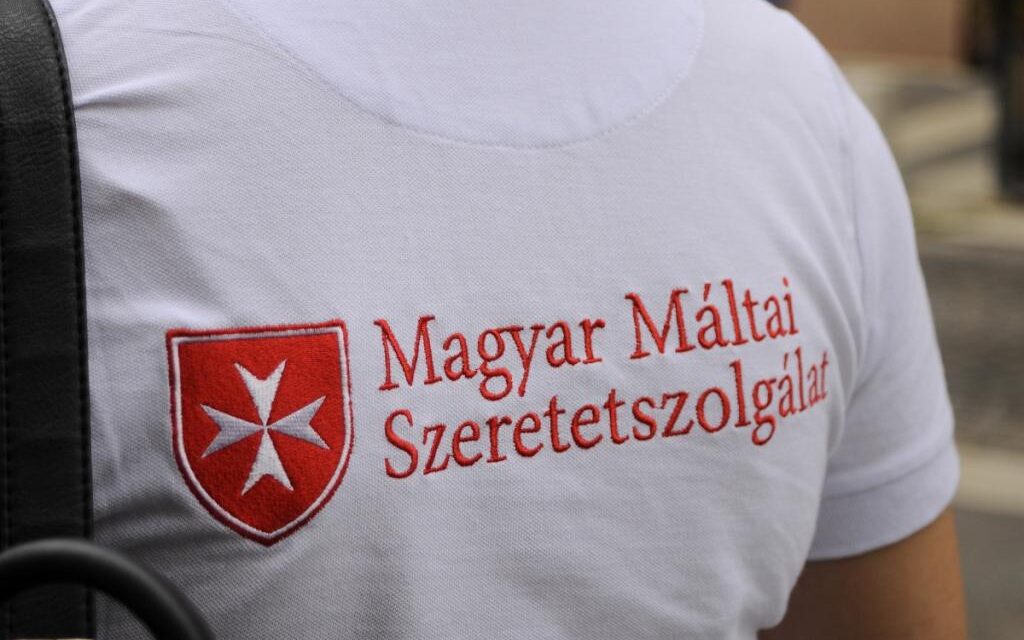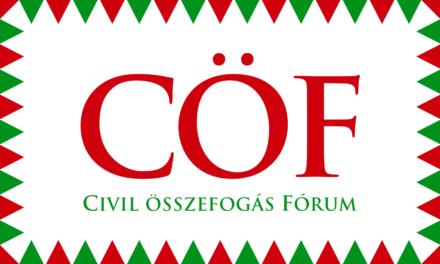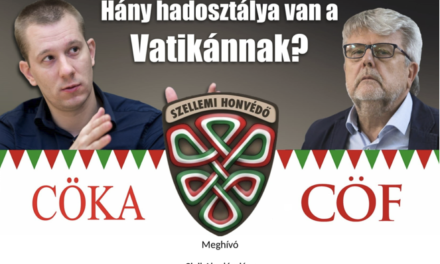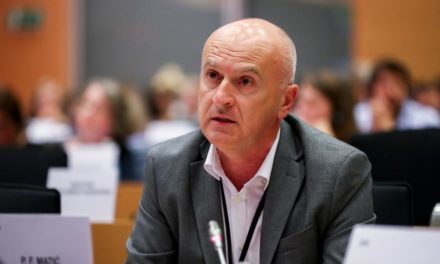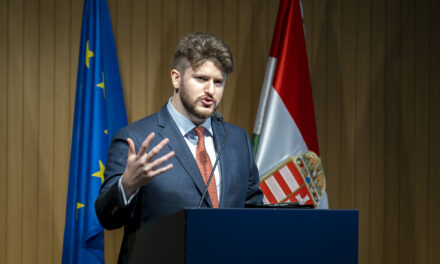Thirty-five years old, the Hungarian Maltese Charity Service (MMSZ), one of the first civil organizations established after the regime change; the charitable organization, with its 300 institutions and 120 volunteer groups, provides care to an average of 15,000 people every day.
In the aid organization's statement delivered to MTI on Friday, it was recalled: the Hungarian Maltese Charity Association was founded on February 4, 1989, immediately after the law enabling the establishment of civil organizations was published. The organization founded by the Catholic priest Imre Kozma, which takes care of the poor and the downtrodden, and operates with volunteers, was registered with serial number 10 by the court.
That same year, the charitable service became the center of international attention with its reception of East German refugees, its aid operations organized during the Romanian revolution, and later with its humanitarian work during the South Slavic War.
In the fall of 1990, the MMSZ opened its first institution for homeless people in what was then Moskva tér, and then gradually more and more support groups were formed all over the country.
After thirty-five years, the Maltese Charity Service is one of the largest charitable organizations in Hungary, which cares for almost 6,000 people who have lost their homes through its more than 60 homeless care institutions, 3,000 people in its nursing homes, 2,500 people in its institutions for the disabled, and 3,000, mostly disadvantaged, children attend its 17 public education institutions.
I covered:
In addition to the traditional forms of care, the MMSZ introduced a number of innovative solutions in its daily work, in its supported housing programs people with severe disabilities could start a new life in small family communities, as a result of its rehabilitation programs, homeless people returned to work and were able to move into independent apartments, and the telemedicine order introduced in 35 settlements for years replaced general practitioner care in vacant districts since
The newly built social solar power plants provide support for the safe and environmentally friendly heating of families living in the poorest settlements. The Jelenlét program of the love service, developed over decades, serves to uplift people living in slum conditions or in poverty. Based on the results of this program, using the Maltese method, the Catching Up Settlements program aimed at the 300 poorest settlements was launched, they wrote.
The aid organization has provided assistance to more than 120,000 refugees since the outbreak of the war in Ukraine. The organization's integration program, which serves the integration of families permanently staying in Hungary, has a unique volume in the work that helps refugees. Most of the participants in the program are Ukrainian and Latin American refugees, who become able to take care of themselves and live like Hungarian families in one to one and a half years, the announcement reads.
Featured image: Hungarian Maltese Charity Service

